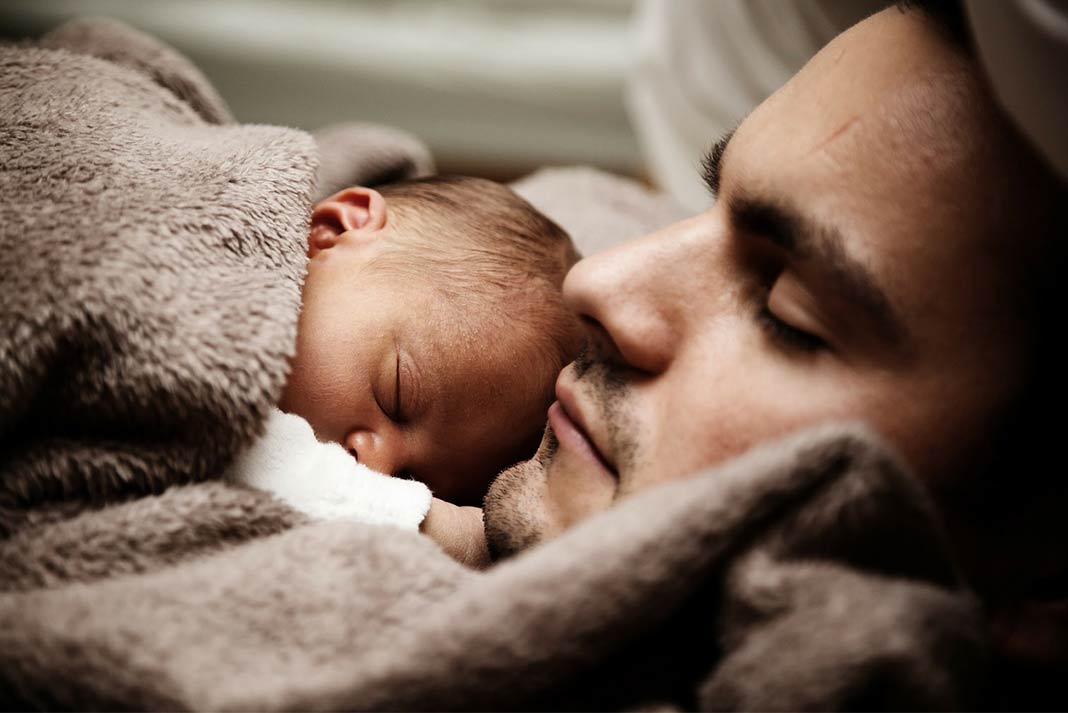
“The wound is the place where the light enters you.” — Rumi
Every baby is born with a clear, beautiful mind. The mind gets imprinted and conditioned with a variety of beliefs and values as he or she grows. These come from the family, community, school and the world.
This conditioning could be about religion, family loyalties and affiliations, behaviors, relationships and family secrets. Conditioning and beliefs of significant others form the child’s own set of initial beliefs about life, his or her role in the world and what is expected out of them.
These beliefs are handed down in a kind of legacy and are unquestioningly accepted and internalized by the child.
A child could be brought up in a home that is reasonably safe, supportive and loving, giving the child positive and affirming beliefs. Alternatively, the child may have to deal with insecurity, abuse, rejection, abandonment, shame and guilt, These create negative beliefs. Whatever the child experiences, negative or positive, becomes a way of life, a belief system.
These beliefs are carried into the individual’s adult life. A traumatic and rough childhood causes negative imprints and beliefs. These beliefs are the foundation of all his or her adult relationships.
Let’s look at these issues:
• Parents who are too involved in their own personal lives with no time to create a stable foundation and boundaries for their offspring.
• Parents who do not connect on a deep emotional level with the child or know his or her fears and insecurities.
• A child who is sent to a boarding school as punishment, for not measuring up to the parents’ expectations.
• The child who is abused. Parents are unaware and not emotionally available to the child after the incident.
• Parents compare siblings, making a child seem less wanted, unintelligent and unloved.
• Love is doled out in proportion to how well the child fulfills a parent’s desires.
• Performance in school and other spheres is more important than the sensibilities of the child.
Any of these situations could create a set of the following beliefs within the child and be carried into his or her future life:
• It’s okay to be left alone and abandoned.
• It is okay to reject your child and family when you are feeling low or when there is a conflict.
• It is okay for someone else to take on your responsibilities, because the world owes you all that you lost in your childhood.
• It is okay to take from others but not the other way around.
• The world is unsafe and everyone is out to get you.
• You cannot trust anyone — not God, not even yourself.
• Something will go wrong even when all is going fine.
• You can make use of people and dump them.
• It is okay to be rude, disrespectful and non-gracious.
• You always look at the cup half-filled but have no gratitude for the bounty you have.
• Love is nonexistent; it is only a game of profit and loss, profit side always being yours.
• Conniving and scheming to get one up on people who trust and love you, not knowing that people can see through you.
• You have a deep-rooted feeling of rage, shame and guilt and cover it up by being an introvert.
• You feel it’s okay to overwhelm someone who is soft and cannot retaliate.
• You sabotage your own story by playing villain instead of hero.
In spite of so many negative beliefs and behaviors, how can one come to a place of light and inner knowing? How can one come out of the shadows and start living intuitively from the heart?
It is a long but not impossible journey. You have to be ready to be broken and put back together again. Seek help from a trusted friend or therapist. Allow the accumulated pain, rage, anger and trauma to come up for hearing. Let your heart and body have their say, without interference from the mind. Let the lava of tears break forth from your wounding. As the storm subsides, you will find a sense of peace enfolding you.
Allow yourself to be held without judgment. Working with your inner self will enable you to understand, accept and let go of your false beliefs. The reward is a consciousness shift and arriving at a place of inner knowing.
